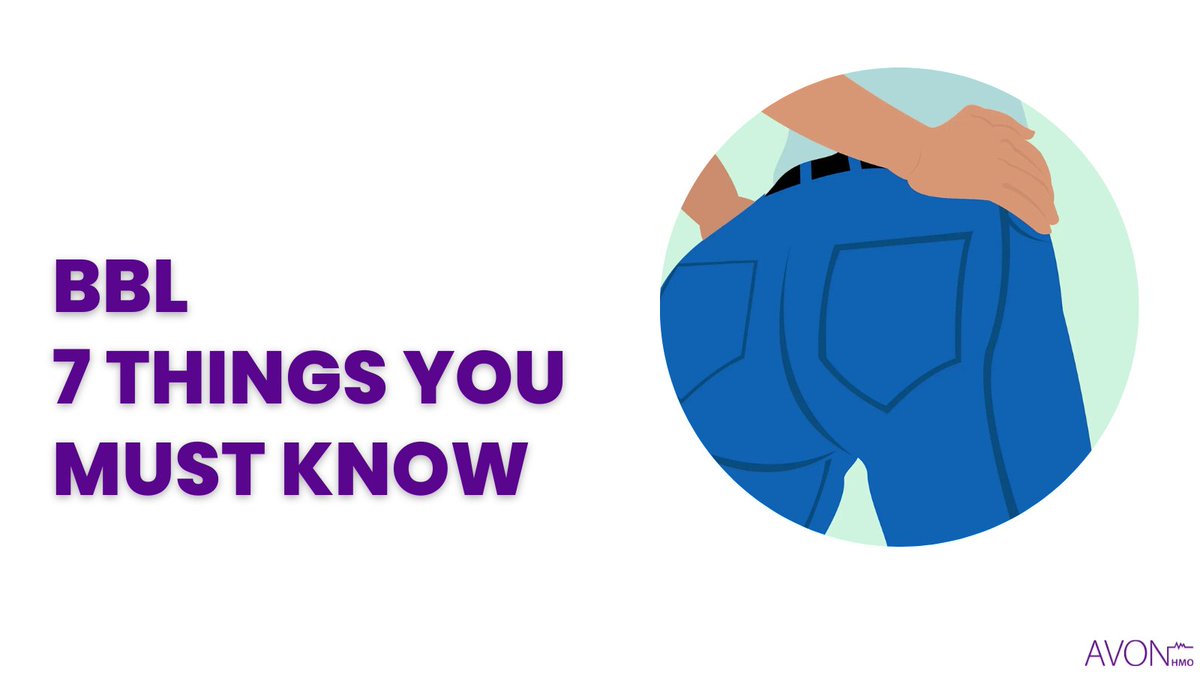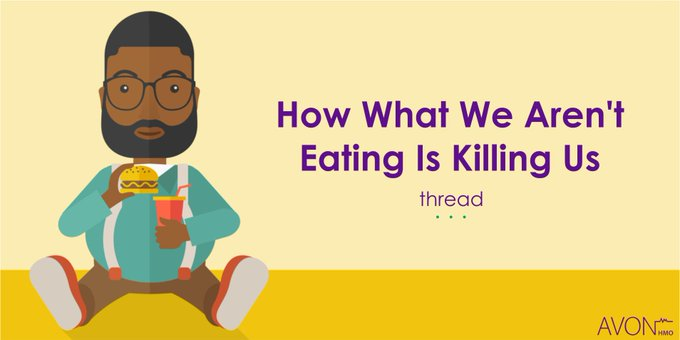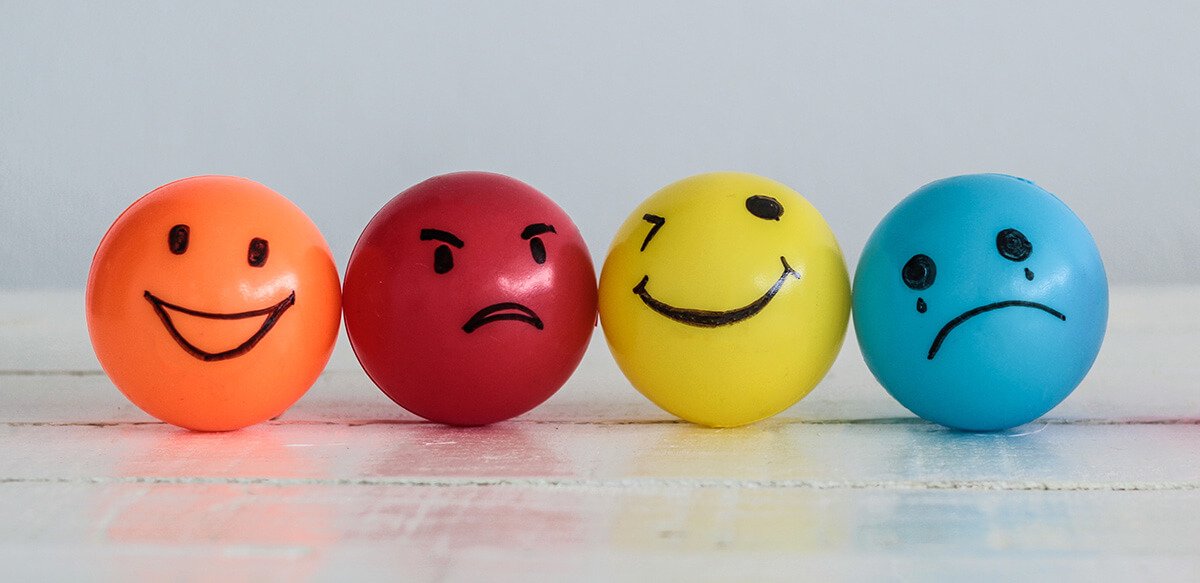Fact: Men are more likely to lose their hair than women.
However, hair loss affects both genders & can be quite demoralising. Causes can range from the simple/temporary (like vitamin deficiencies) to more complex issues.
Here are some of them.
#AvonsPracticalTips #HealthyLiving
However, hair loss affects both genders & can be quite demoralising. Causes can range from the simple/temporary (like vitamin deficiencies) to more complex issues.
Here are some of them.
#AvonsPracticalTips #HealthyLiving

1. Excess vitamin A
Overdoing vitamin A-containing supplements or medications can trigger hair loss. The Daily Value for vitamin A is 5,000 IU per day for adults and kids over age 4 so any more than that can trigger hair loss.
#AvonsPracticalTips #HealthyLiving
Overdoing vitamin A-containing supplements or medications can trigger hair loss. The Daily Value for vitamin A is 5,000 IU per day for adults and kids over age 4 so any more than that can trigger hair loss.
#AvonsPracticalTips #HealthyLiving
1b. The good news: hair loss triggered by excess Vitamin A is reversible so once it is halted, hair should start growing normally again.
#AvonsPracticalTips #HealthyLiving
#AvonsPracticalTips #HealthyLiving
2. Protein deficiency
This can also trigger hair loss. Fortunately, you can get plenty of protein by eating meat, eggs and an array of other plant-based foods.
#AvonsPracticalTips #HealthyLiving
This can also trigger hair loss. Fortunately, you can get plenty of protein by eating meat, eggs and an array of other plant-based foods.
#AvonsPracticalTips #HealthyLiving
3. Hereditary factors
If you come from a family where men or women started to have hair loss at a certain age, then you might be more prone to it.
#AvonsPracticalTips #HealthyLiving
If you come from a family where men or women started to have hair loss at a certain age, then you might be more prone to it.
#AvonsPracticalTips #HealthyLiving
3b. Unlike men, women don't tend to have a receding hairline, instead, they may have noticeable thinning of hair. This is also known as female–pattern baldness.
#AvonsPracticalTips #HealthyLiving
#AvonsPracticalTips #HealthyLiving
3c. Women may benefit from minoxidil to help grow hair, or at least, maintain the hair they have. The medication is available over-the-counter and is approved for women with this type of hair loss.
#AvonsPracticalTips #HealthyLiving
#AvonsPracticalTips #HealthyLiving
4. Hormonal changes
Just as pregnancy hormone changes can cause hair loss, so can switching or going off birth-control pills. This can also cause telogen effluvium, and it may be more likely if you have a family history of hair loss.
#AvonsPracticalTips #HealthyLiving
Just as pregnancy hormone changes can cause hair loss, so can switching or going off birth-control pills. This can also cause telogen effluvium, and it may be more likely if you have a family history of hair loss.
#AvonsPracticalTips #HealthyLiving
4b. The change in the hormonal balance that occurs at menopause may also have the same result. In this case, the androgen (male hormone) receptors on the scalp becoming activated, thus causing hair follicles to miniaturize and start losing more hair.
#AvonsPracticalTips
#AvonsPracticalTips
4c. What to do: If a new birth control method triggers your hair loss, switch back or talk to your doctor about other birth control types. Stopping oral contraceptives can also sometimes cause hair loss, but this is temporary.
#AvonsPracticalTips #HealthyLiving
#AvonsPracticalTips #HealthyLiving
5. Your emotions are at an all-time high.
Stress is often underrated in our lives and sometimes, one of the physical effects is hair loss (just look at some football coaches). If you notice yourself losing hair due to stress, focus on relaxing more.
#AvonsPracticalTips
Stress is often underrated in our lives and sometimes, one of the physical effects is hair loss (just look at some football coaches). If you notice yourself losing hair due to stress, focus on relaxing more.
#AvonsPracticalTips
6. You're anaemic.
Iron-deficiency anaemia is also a major cause of hair loss and for some people, getting enough iron can be tough. If that's the case for you, eat more meat, seafood, beans, vegetables, dried fruit, cereal, etc.
#AvonsPracticalTips #HealthyLiving
Iron-deficiency anaemia is also a major cause of hair loss and for some people, getting enough iron can be tough. If that's the case for you, eat more meat, seafood, beans, vegetables, dried fruit, cereal, etc.
#AvonsPracticalTips #HealthyLiving
7. Hypothyroidism.
Your thyroid—a small gland in your neck—has a huge impact on your body. It produces thyroid hormone (TH), which is responsible for keeping your metabolism, heartbeat, temperature, mood, and more, in check.
#AvonsPracticalTips #HealthyLiving
Your thyroid—a small gland in your neck—has a huge impact on your body. It produces thyroid hormone (TH), which is responsible for keeping your metabolism, heartbeat, temperature, mood, and more, in check.
#AvonsPracticalTips #HealthyLiving
7b. An underactive thyroid doesn't produce enough TH, and that can cause a host of health problems including hair loss.
Fortunately, hypothyrodism is treatable.
#AvonsPracticalTips #HealthyLiving
Fortunately, hypothyrodism is treatable.
#AvonsPracticalTips #HealthyLiving
8. Sudden weight loss
Sudden weight loss is a form of physical trauma that can result in thinning hair. This could happen even if the weight loss is ultimately good for you due to unexpected vitamin or mineral deficiencies.
#AvonsPracticalTips #HealthyLiving
Sudden weight loss is a form of physical trauma that can result in thinning hair. This could happen even if the weight loss is ultimately good for you due to unexpected vitamin or mineral deficiencies.
#AvonsPracticalTips #HealthyLiving
8b. Loss of hair along with noticeable weight loss may also be a sign of an eating disorder such as anorexia or bulimia.
However, this type of hair loss, too, will correct itself once after a while - usually within six-months.
#AvonsPracticalTips #HealthyLiving
However, this type of hair loss, too, will correct itself once after a while - usually within six-months.
#AvonsPracticalTips #HealthyLiving
9. Polycystic ovary syndrome (PCOS)
This is another imbalance in male and female sex hormones which can lead to ovarian cysts, weight gain, a higher risk of diabetes, changes in your menstrual period, as well as hair thinning.
#AvonsPracticalTips #HealthyLiving
This is another imbalance in male and female sex hormones which can lead to ovarian cysts, weight gain, a higher risk of diabetes, changes in your menstrual period, as well as hair thinning.
#AvonsPracticalTips #HealthyLiving
9b. Because male hormones are overrepresented in PCOS, women may also experience more hair on the face and body.
Treating PCOS can correct the hormone imbalance and help reverse some of these changes - including hair loss.
#AvonsPracticalTips #HealthyLiving
Treating PCOS can correct the hormone imbalance and help reverse some of these changes - including hair loss.
#AvonsPracticalTips #HealthyLiving
10. Medications
Certain classes of medication may promote hair loss. More common among them are certain blood thinners and the blood-pressure drugs known as beta-blockers.
#AvonsPracticalTips #HealthyLiving
Certain classes of medication may promote hair loss. More common among them are certain blood thinners and the blood-pressure drugs known as beta-blockers.
#AvonsPracticalTips #HealthyLiving
10b. Other drugs that might cause hair loss include methotrexate (used to treat rheumatic conditions and some skin conditions), lithium (for bipolar disorder), nonsteroidal anti-inflammatory drugs (NSAIDs) including ibuprofen, and possibly antidepressants.
#AvonsPracticalTips
#AvonsPracticalTips
10c. If your doctor determines that one or more of your medications is causing hair loss, talk with him or her about either lowering the dose or switching to another medicine.
#AvonsPracticalTips #HealthyLiving
#AvonsPracticalTips #HealthyLiving
There are many other reasons for hair loss such as age, mental health disorders (trichotillomania), over-styling, chemotherapy, vitamin B12 deficiency, etc., but with the list we've shared, we believe you'll be more aware and do more to protect your hair
#AvonsPracticalTips
#AvonsPracticalTips
• • •
Missing some Tweet in this thread? You can try to
force a refresh









